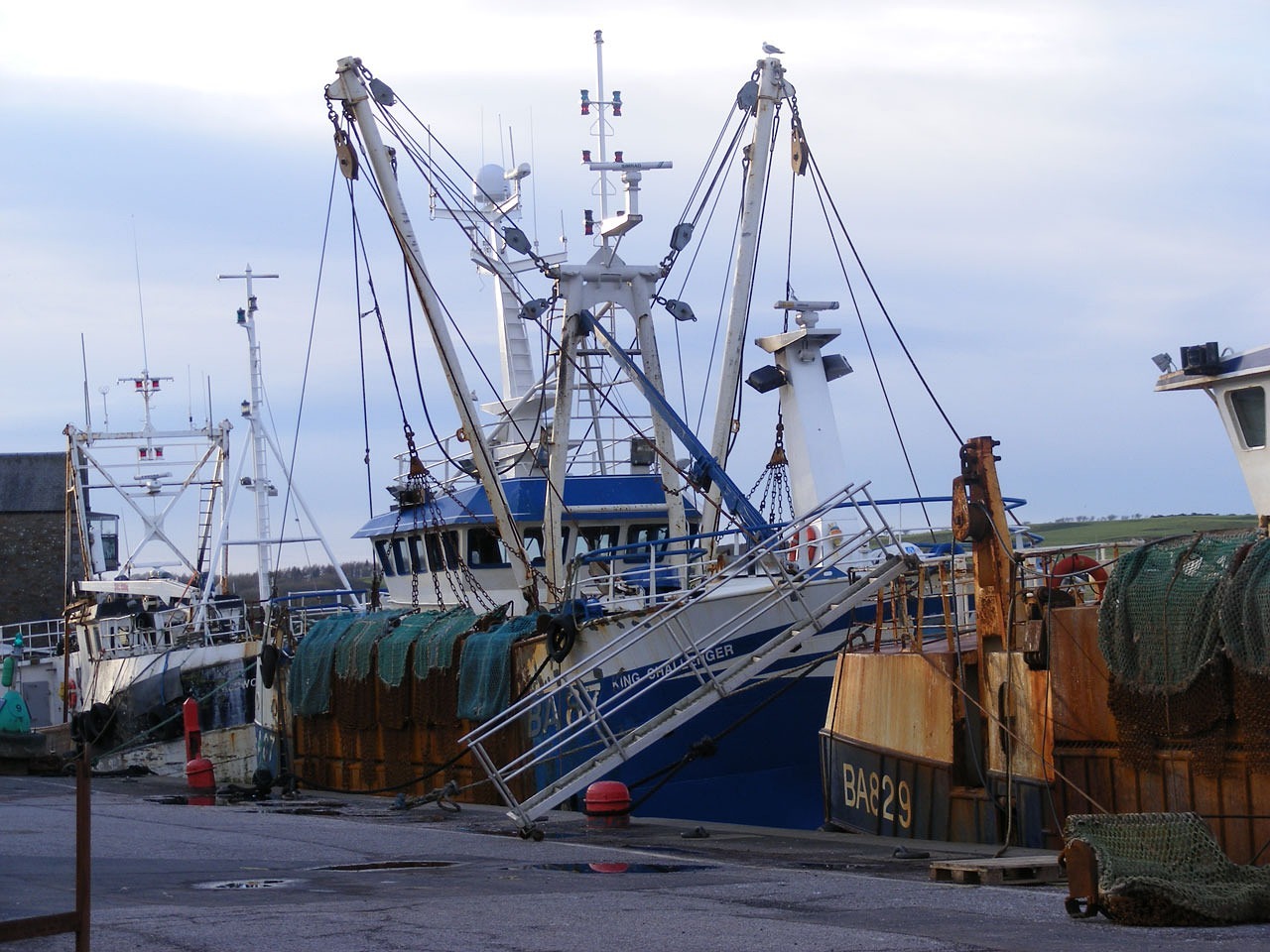The overall objective of this contract is the development of a self-assessment tool to enable developing country WTO members to determine their current compliance level with proposed WTO fisheries subsidies disciplines (situational analysis); identify actions needed to reach full compliance (gap analysis); and articulate their needs for technical assistance and capacity building for implementation (needs analysis). These are crucial steps for enabling effective implementation of a new agreement and ensuring it helps to move global fisheries to more sustainable profitability. The self-assessment tool and communication around it in the lead-up to the finalisation of a WTO agreement on fisheries subsidies will also help to generate confidence among developing country WTO members that they can implement the new disciplines. This in turn could increase their support for the agreement.
The contractor will be responsible for co-developing, together with a trade law expert, a first consolidated version of the self-assessment tool. IISD and Pew will then test the tool through consultations with stakeholders from a small pilot group of developing countries, as well as relevant experts, and refine it. The contractor will be responsible for providing input during the pilot process (e.g., to identify WTO Members willing to test the self-assessment tool and respond to any question or query during the testing phase) and during the refining of the tool after stakeholder feedback is received.
Link to final report: https://www.iisd.org/publications/guide/self-assessment-tool-wto-fisher…;

